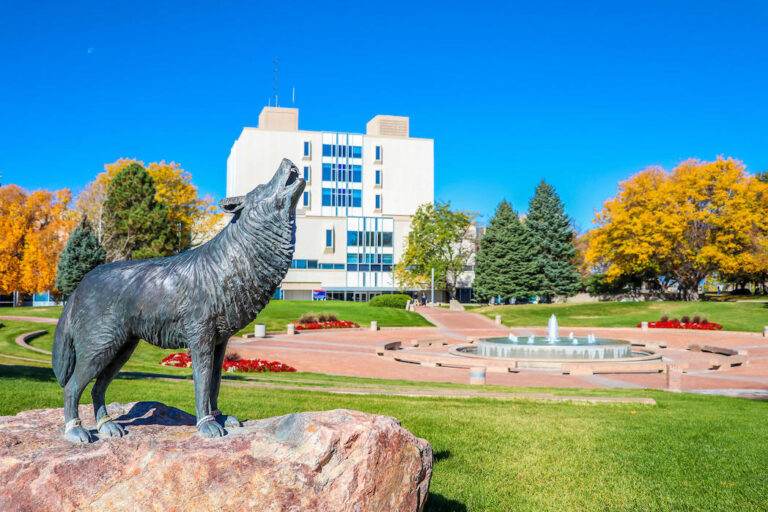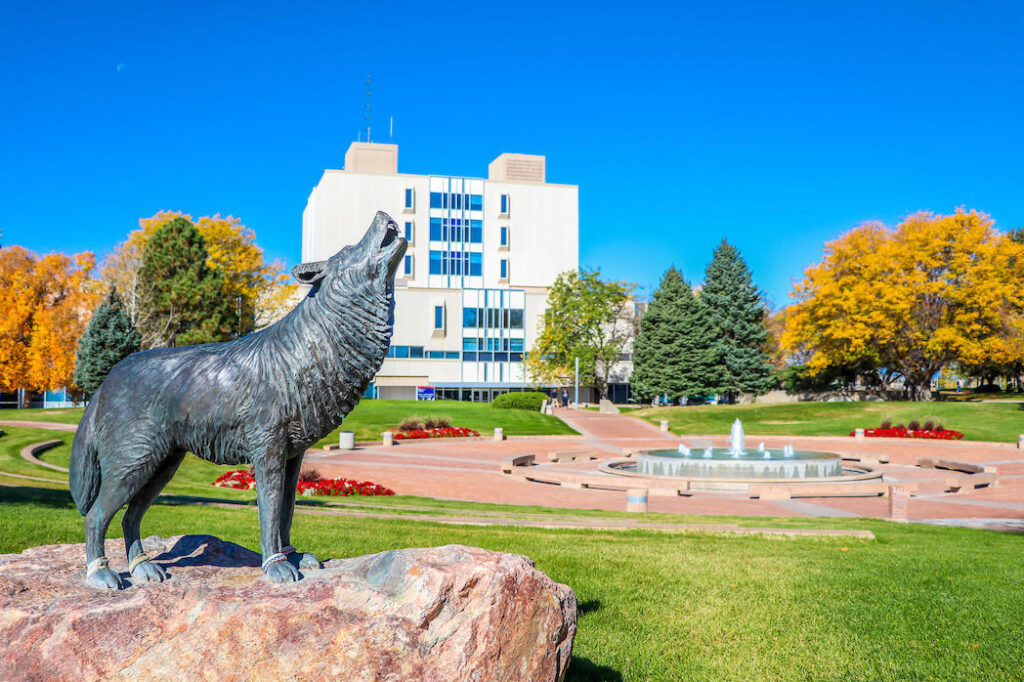Africa
Gabon elections questioned
The Network of Human Rights Defenders in Central Africa accused Gabon of rigging its elections. The government shutdown access to internet and imposed a curfew on residents. The country is compiling results from presidential, legislative and local elections that took place over the weekend. Foreign observers and journalists were also banned from monitoring the election process.
Passport backlog in Kenya
Nearly 60,000 Kenyans have applied for passports since March and have yet to receive the item. This is because printing equipment broke down. The country is planning to borrow machines from private investors to clear the backlog. Outside of the damaged printing equipment, there are also corrupt agents who take bribes from applicants.
Asia
Muslim student targeted in India
A private school in India was shut down after a teacher asked students to slap their Muslim classmate. The teacher, Tripta Tyagi, told media members that she was “not ashamed” of her actions. The child was targeted after getting his times table wrong. The victim’s family did not press charges. Video footage shows Tyagi telling students to hit the victim harder while the boy is shown crying.
Women banned from popular national park
The Taliban have banned women from visiting Band-e-Amir national park in Afghanistan. The government blamed the new law on women not observing hijab inside the park. Band-e-Amir became Afghanistan’s first national park in 2009. The area is popular, particularly among families. In 2022, women were banned from attending school in the country as well.
Europe
France bans abayas in schools
People in French state-run schools will no longer allowed to wear abayas in classrooms. The country has strict bans on religious signs in state schools and government buildings, including Christian symbols like large crosses. The new rules in schools will start on Sept. 4. Nearly 20 years ago, the country also banned students from wearing a headscarf in classrooms.
Investigation launched into Spanish football federation
Luis Rubiales has been suspended by FIFA after kissing a player on the lips after Spain’s Women’s World Cup win. Rubiales is the president of Spain’s football federation. The player, Jenni Hermoso, said the kiss was not consensual. There has been pressure from critics for Rubiales to resign, but he vowed to “fight until the end.” He apologized the day after the game, saying he is “sorry for those who were offended.”
Latin America
Anti-corruption leaders wins Guatemala election
Bernando Arevalo, an anti-corruption candidate, won Guatemala’s presidential election. The results were considered shocking and his victory is seen as a repudiation of the political elite in Guatemala. He defeated rival and former first lady Sandra Torres by a 58-37 percent voting margin. Arevalo will replace right-wing President Alejandro Giammattei.
Seven killed in Haiti during protests
At least seven people were killed while marching in a protest organized by a church leader in Haiti. Reports suggest a gang targeted the protesters and opened fire on them with machine guns. Video footage showed bodies on the ground and people who appeared to be hostages saying they thought the march was peaceful. So far this year, more than 2,400 people have died from gang violence in Haiti.
North America
Trump campaign raises millions after mugshot
Donald Trump’s campaign said it raised more than $7 million since the former president had his police mugshot taken. The photo appeared on merchandise like mugs, T-shirts and drink coolers. Trump was recently charged with plotting to overturn Georgia’s 2020 election results. He denied all the charges and said the cases against him are politically motivated.
Canadian Olympic skater dies
Alexandra Paul, a Canadian Olympic figure skater, died in a car accident last week. She was 31 and was killed when a truck crashed into various stationary vehicles. Paul’s baby was in the vehicle at the time of the incident and was treated for non-life threatening injuries. During her career, Paul won a silver medal at the World Junior Figure Skating Championships. She also represented Canada at the Sochi Olympic Winder Games in 2014.





















